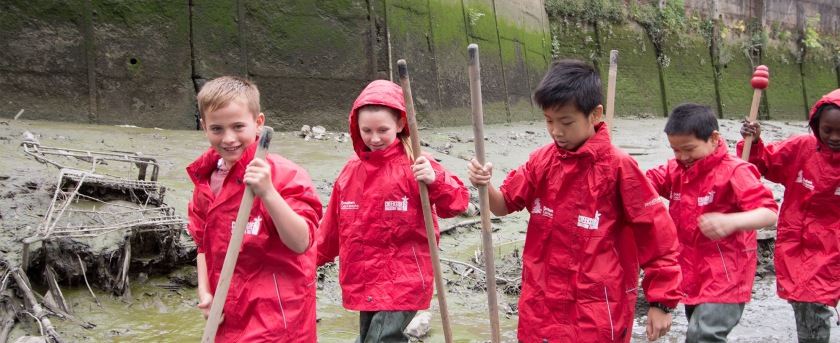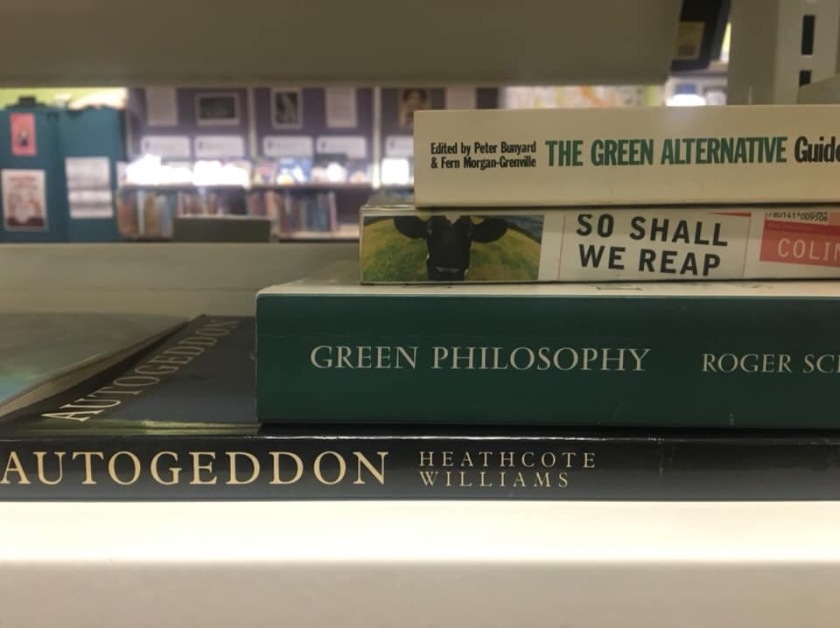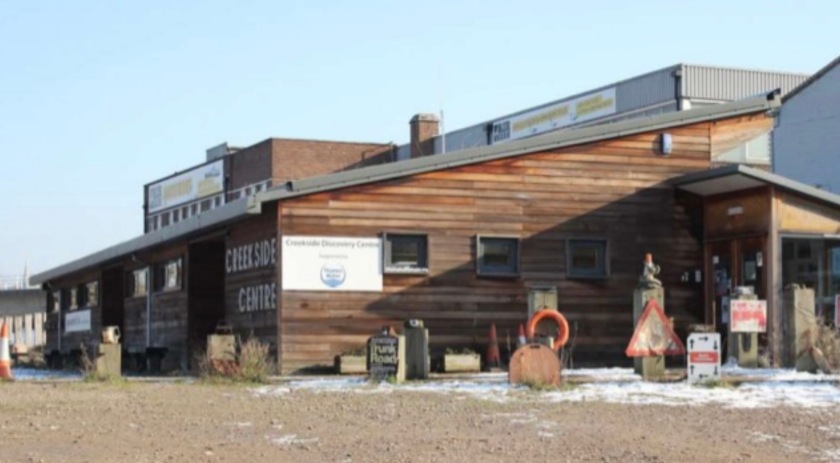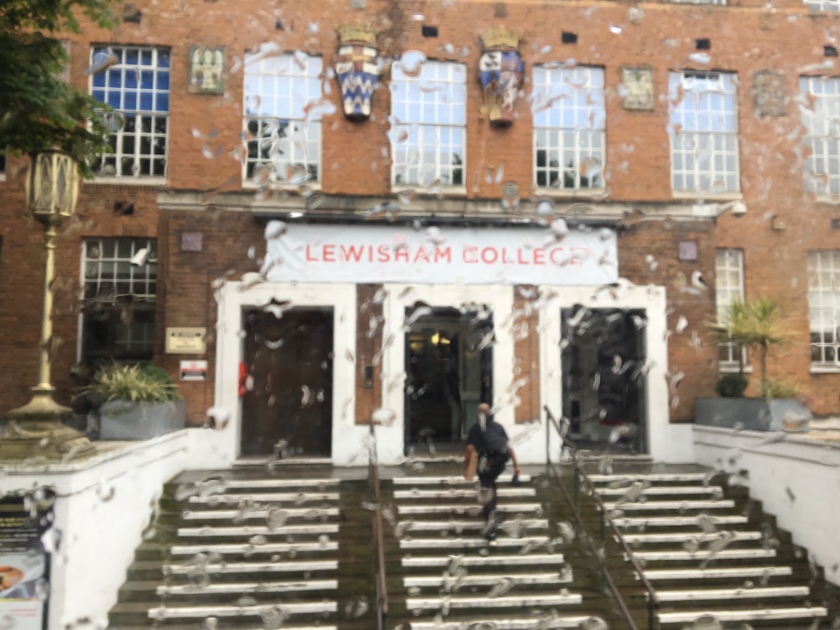World Heutagogy Day 2019
26th September 2019
How Can we Green Our Learning?
As preparation for World Heutagogy Day on Green Learning we have been discussing a range of issues that emerge when we ask the question how can we green our learning?

#GreenMyLearning Because I have been involved in how I can green my own learning for 40 years, basically once I left a school system that wanted to force me into studying ONLY those parts of its own subject-taxonomy that it deemed appropriate for the me they thought they new (good at Maths useless at much else, except the loneliness of long-distancing running), I thought I’d reflect on what I had learnt about greening education. More in Green My Learning
Green My Reading; In fact because my Mum had been a librarian I had gone to the library most days from the age of 7-10 and learnt to choose my own books and follow my own interests as, back in the 1950s, primary school mostly didn’t set Homework. I thought homework was the learning activities I freely chose, and often invented (games) for myself. I mostly read books, and whilst few were green (see Green My Reading) I did learn to follow my interests and create my own folksonomy of learning.
Learning Outside School; Most of my learning was from listening to music, watching films (we had no TV) chatting with friends and, most importantly “going to play outside” with no pre-determined agenda. It was an age of few cars and not much television, from which I benefitted massively. I thought they was a “lightness on the edge of town called nature and I headed towards it. More on Green My Thinking

Green My Resources; I learnt to buy resources that fed my interests and so broadened it, unlike in the education system, and deepened my understanding where I chose to deepen it, and not because a forthcoming exam demanded it. In the case of exams the cramming of information to be regurgitated under pressure is the best way to make sure that you forget it by next year; it’s not useful and the brain forgets anything flagged up as not useful (Weizenbaum).

Green My Library; I’ve been these blogs and running sessions in New Cross Learning a volunteer library in London. My view was that the school climate strike would find that schools would not change their curriculum and so they would have to organise their own green learning in our “street-corner universities” However, just as Universities are not green neither are libraries. So I have been acting on #GreenMyLibrary by donating books each week, such as Autogeddon by Heathcote Williams and The Revenge of Gaia by James Lovelock. You can do that too if you Create a Green Resources Hub somewhere your resources can be shared and discussions started. Start a green book club and meet regularly to discuss its ideas
Green My Institution because I did a Masters degree with a research thesis on the Environmental Impact of Computing which was framed by the question “Is there a Green IT strategy?” which researched how to both green technology use and green the institution. I introduced what I had learnt, eco-management, recycling, green awareness and more through the development of green policies at Lewisham College where I worked and green partnerships with London Borough of Lewisham. This resulted in both a New Deal for the Environment grant for the Borough and the development of the Creekside Environmental Education Centre whose building was the only one in London that met IOC Sustainability Development standards and so was in the London 2012 Olympic bid.

Introduce Green Governance; These successes apart the single most important factor in Greening My Learning was to introduce a Green Governor at Lewisham College, certainly a first in the FE College sector in the UK. This meant that ALL college policies were reviewed by an environmental expert, Professor Shirley Ali Khan co-founder of Forum for the Future. Without top-level strategic review of all college policies everything else is piecemeal and ad-hoc. Eco-management also meant that the college had to publish its environmental performance every year for public scrutiny. More on Green Governance

Green My Curriculum or Teaching Green, which I did for many years, is not easy for this reason. You, the teacher, have to write the course, or unit, submission, first and take it through a curriculum approval process first. Most teachers can’t be bothered, or perhaps find the overhead to getting this done too onerous, or with too many inspection barriers in the way. Luckily I started teaching in the USA where this is a rigorous, quality-controlled, but regular process so I was use to writing my own curriculum. As I developed my approach to teaching as “brokering learning” I wrote the Environmental Impact of Technology into my Social Impact of Computing course and learnt how to teach this. Actually you only need to teach about Product Lifecycle Analysis of any product to understand its environmental impact. Doing this with plastic would solve the current single use problem, but no one talks about this. More on Teaching Green As I ask in the Learning is Changing we must recognise the original thinking of our learners…
Green My Research; Greta Thunberg has called for schools to change their curriculum, that we should listen to the science and that environmental scientists will tell us how to save the world; like green superheroes perhaps? Whilst I agree that governments should accept the IPCC report and act on Climate Change I don’t think that “green research” is solely the province of “environmental scientists” as we need a more holistic approach than that. CoPIRG is one of the greenest research organisations in the world, in that environmental issues are on their research agenda, and it is a Public Interest Research Group not an academic research group, with a subject-discipline interest. They are also based in Boulder, Colorado, which boasts that it is the worlds greenest town, certainly in terms of by-laws and its self-imposed rules it is. I was a Governor at CoPirg and I think we need to develop a new socially accountable form of research group, possibly a Collaborative Learning Environment and Research group; making things CLEaR… As we say “Context is Queen” (or Folksonomy Unites Collective Knowledge perhaps?)
In Green Heutagogy next week we will look at Reduce ReUSE ReCycle in Education as pioneered by Vijaya Khanu Bote in Andhara Pradesh India, with some simple guidelines for teachers on Teaching Green. More on World Heutagogy Day 26th September 2019 #GreenMyLearning in the slides below.


One thought on “#GreenMyLearning”